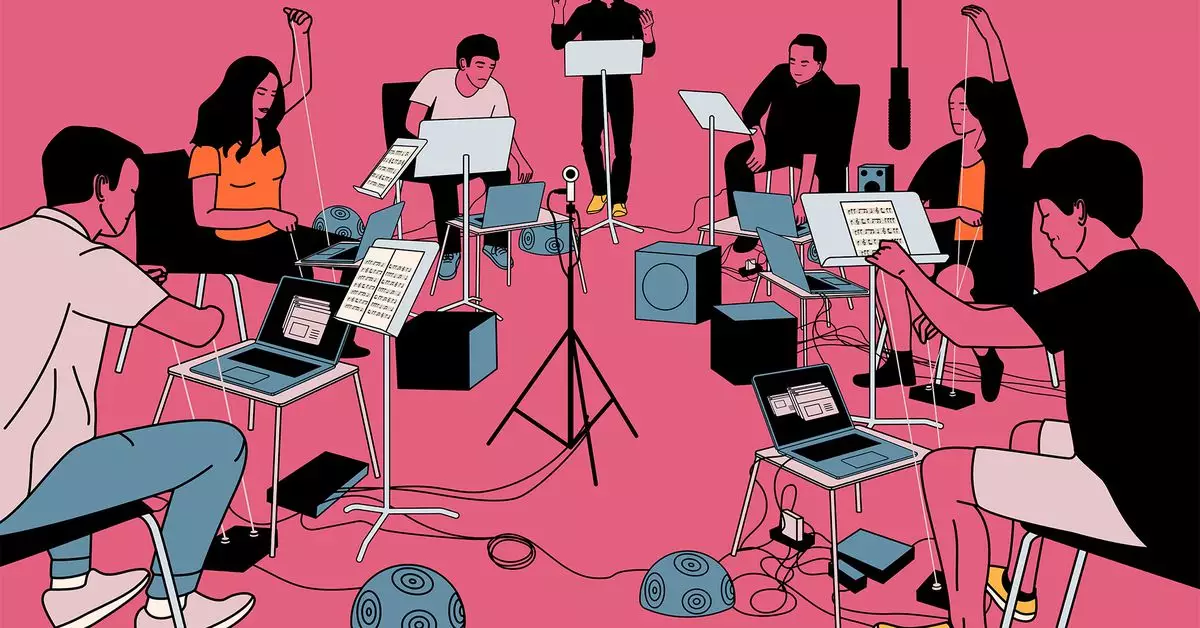Ge Wang stands out in the intersection of music and technology, redefining how we understand and create sound. As an associate professor at Stanford University’s Center for Computer Research in Music and Acoustics, Wang employs computers to craft not just music, but a unique genre he terms “computer music.” This approach signifies a shift from traditional music-making to an innovative exploration of sound production through computer programming. Wang’s influence extends beyond academia; he is the co-founder of Smule, a notable music application, and the creator of Chuck, a programming language that transforms code into musical sequences. His deep understanding of the interplay between humans and machines positions him as a crucial voice in contemporary discussions about the future of music.
In his recent discussion on The Vergecast, part of a mini-series dedicated to the future of music, Wang emphasized a paradigm shift in music education. He advocates for teaching students to engage with technology as a playful partner rather than a complex adversary. This perspective encourages exploration and creativity, allowing aspiring musicians to experiment with sound in ways that transcend traditional instrumental mastery. By fostering an experimental mindset, Wang suggests that students can innovate rather than merely imitate, thus enriching the landscape of music creation.
As artificial intelligence becomes increasingly integrated into creative processes, Wang hints at the existential questions that arise: What does it mean to be creative when machines can replicate or even surpass human output? This inquiry resonates across the realms of art, music, and literature, challenging our definitions of creativity and the value of the human touch. In a world where efficiency often reigns supreme, we must ponder whether reducing complexity really aligns with our artistic goals or undermines them. The tools that aim to simplify our processes might inadvertently strip away the rich textures of personal struggle and artistic endeavor that make creative expression genuinely fulfilling.
Wang’s dialogue presents a crucial dilemma facing creatives today: maintaining the richness of human experience in an age that increasingly prioritizes technological convenience. In a society where tasks from writing emails to composing symphonies can be made easier with the right tool, one must ask what unique role humanity plays in art. Are we merely facilitators of technology, or do we need to nurture the emotional grit that fuels meaningful expression?
This conversation leads to a broader contemplation about our motivations and aspirations as artists. Despite the pressures to conform to a streamlined, data-driven process, raising the question of authenticity in musical creation is essential. The enjoyment of engaging in complex, challenging work—and its eventual rewards—may be as vital to our humanity as the outputs they produce.
Ge Wang’s insights paint a vivid picture of the future of music. As we navigate the evolving landscape of creativity, his advocacy for playful engagement with technology invites a return to the heart of what it means to create. Emphasizing both exploration and emotional depth, this dialogue encourages a reevaluation of our relationships with tools, creativity, and ultimately, ourselves.

